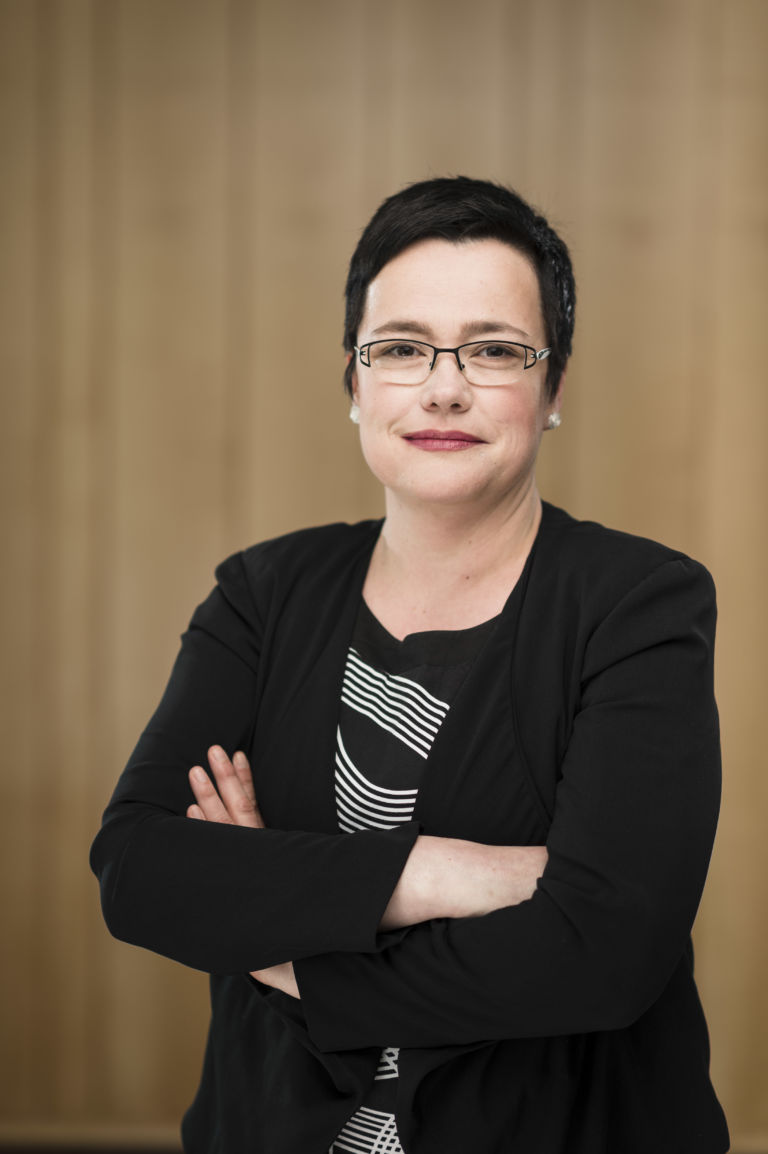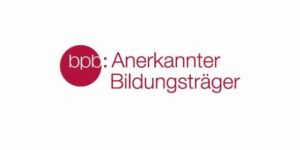With the following button you will be redirected to Google Translate:
to Google TranslateBullying best buddies?
Current U.S. Foreign Policy and Its Impacts on Europe
Eine Tagung auf Englisch für Schülerinnen und Schüler der SEK II
17.12.2019 - 18.12.2019
Thema
Die USA verfolgen derzeit in der Außen- und Handelspolitik einen konfrontativen Kurs, der selbst die eigenen Verbündeten überrascht. Ökonomischer Nationalismus, die Stärkung der nationalen Sicherheit und „Frieden durch militärische Stärke“ stehen dabei strategisch im Vordergrund. Die neue Tonlage unter Donald Trump hat gravierende Folgen für Europa. Welchen Weg wird es unter diesen Bedingungen handels- und sicherheitspolitisch einschlagen?
Downloads
Programm
zur DruckversionSimone Schad-Smith, Evangelische Akademie Loccum
Introduction
Andrea Rotter, Akademie für Zeitgeschehen und Politik, Hanns-Seidel-Stiftung, München
Andrea Rotter
Analyzing Secretary of State Michael R. Pompeo’s re-marks at German Marshall Fund in Brussels in Decem-ber 2018 and Selected Reactions of Partners at Munich Security Conference 2019 (small groups)
Selected issues of President Trump’s Foreign and Trade Policy and its impact – Part I
Jerry Sommer, Journalist und Rüstungsexperte, Düsseldorf
Selected issues of President Trump’s Foreign and Trade Policy and its impact – Part II
Dr. Marco Overhaus, Stiftung Wissenschaft und Politik, Berlin
PD Dr. Thomas Greven, John F. Kennedy-Institut, Freie Universität Berlin
Maximilian Kärnfelt, Mercator Institute for China Studies (Merics), Berlin
Dr. Patrick Rosenow, Leitender Redakteur der Zeitschrift VEREINTE NATIONEN Berlin
Discussion with
Sudha David-Wilp, Senior Transatlantic Fellow and Deputy Head of German Marshall Fund of the United States, Berlin
Referierende
is a researcher at the Academy for Politics and Current Affairs of the Hanns-Seidel-Stiftung (HSS) in Munich, where she focuses on German security and defense policy as well as transatlantic security cooperation. Before joining HSS, Ms. Rotter worked as a research assistant for the research division “The Americas” of the German Institute for International and Security Affairs (Stiftung Wissenschaft und Politik, SWP) in Berlin. Prior to that worked in the department of International Politics and Transatlantic Relations at the University of Regensburg. Ms. Rotter holds an MA in European-American Relations from the University of Regensburg and a Bachelor’s Degree in International Cultural and Business Studies from the University of Passau and the University of Stirling, United Kingdom.
hat Geschichte und Politikwissenschaft auf höheres Lehramt studiert, dann aber als Journalist gearbeitet, u.a. für „Die Zeit“, „taz“ „Stern“, das Fernsehen (Deutsche Welle, WDR) und den Rundfunk (WDR, Deutschlandfunk, NDR). Seit 2007 ist er freier Mitarbeiter des Bonn International Center for Conversion. Seine Schwerpunktthemen sind internationale und deutsche Rüstungspolitik, Rüstungskontrolle und Abrüstung. (Vortrag in Deutsch)
is a senior associate and deputy head of the research division ”The Americas“ at the German Institute for International and Security Affairs (Stiftung Wissenschaft und Politik, SWP) in Berlin. He holds a diploma in Political Science from the University of Potsdam. Previously, he worked in the Policy Planning division for North America at the German Foreign Office (Auswärtiges Amt), and at the Chair for International Relations and Foreign Policy of the University of Trier. He was a Transatlantic Fellow at RAND Corporation, Washington, D.C., and at the French Institute of International Relations (IFRI), Paris. His research focus at SWP is: The United States of America, NATO as well as Transatlantic relations.
is adjunct professor of political science at Freie Universität Berlin and an independent lecturer, political consultant and analyst. He teaches at the John F. Kennedy Institute for North American Studies as well as in the Africa division of the Friedrich Ebert Foundation, Berlin. Greven studied political science at FU Berlin and Western Michigan University. In 1995-96, he was a Congressional Fellow in the office of Bernie Sanders. He received his doctorate and “habilitation” in political science at FU Berlin where he served as a professor for many years. Thomas Greven was visiting scholar, inter alia, at the University of British-Columbia, the Economic Policy Institute (Washington DC), the University of California, Berkeley, York University in Toronto, the American Institute for Contemporary German Studies (Johns Hopkins University, Washington, DC). His research interests include US politics and foreign policy, labor unions and industrial relations, globalization and development policy, right-wing populism and extremism and African politics.
works as an analyst at Mercator Institute for China Studies (MERICS), Berlin. His main fields of research are China’s macroeconomy, monetary policy, and financial markets. Prior to joining MERICS, he worked as an economic consultant for several companies. In 2016, he received his master’s degree in economics from Peking University, where he also worked as a research assistant. Kärnfelt has an undergraduate degree in financial economics from the University of Gothenburg, and he studied Chinese at both Zhejiang Agriculture & Forestry University and Wanli University.
is editor-in-chief of the German Review on the United Nations (“Zeitschrift Vereinte Nationen”), which is published by the United Nations Association of Germany (UNA Germany, DGVN), located in Berlin. His research focuses are the role of the United States at the United Nations and the United Nations in general. In 2009, he published the book „Weltmacht gegen Weltorganisation? Die UN-Politik der USA unter George W. Bush“, in 2019 he published his dissertation „Die Ständigen Vertreter der USA bei den Vereinten Nationen“. Previously, he was research assistant at the Professorship of International Organizations and Globalization at the Department for Political Science at the Friedrich Schiller University in Jena. Prior to that, he worked as a lecturer in political education at Haus Rissen Hamburg, an independent institute for international politics and economics. Patrick Rosenow studied political science, sociology and European ethnology at Christian Albrechts University Kiel.
is a senior transatlantic fellow and deputy director of the Berlin office of German Marshall Fund (GMF) of the United States. She oversees GMF’s Congress-Bundestag Forum, a joint program with the Robert Bosch Foundation, and engages with the media as an expert on German–U.S. relations, and covers transatlantic digital topics. Before moving to Berlin in 2011, she was the director of international programs at the U.S. Association of Former Members of Congress in Washington, DC for nearly eight years. At the Association, David-Wilp was responsible for congressional study groups and international programs for current members of Congress and senior congressional staff. She established a trilateral roundtable format for legislators and launched a speakers’ program involving current and former lawmakers. She received her bachelor’s from Johns Hopkins University and her master’s in international relations from Columbia University.


